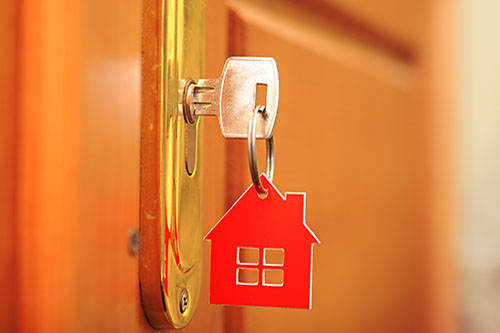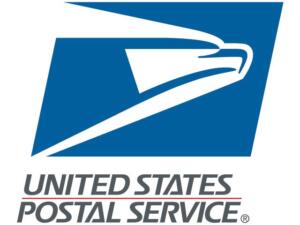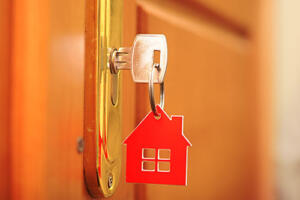Energy efficiency helps the environment, but did you know investing in energy efficient home appliances and best practices can add value to your lake home?
According to Zillow’s Consumer Housing Trend’s Report 2017, 48 percent of buyers list energy efficiency as one of the most desirable features a prospective home can have.
But even if you’re not selling just yet, practicing energy efficiency and upgrading your space with energy efficient appliances can help save you big money.
So, take a look at how you can save money and save the world with these helpful tips:
Refrigeration
Refrigerators are the biggest source of wasted energy in your kitchen.
According to the U.S. Energy Information Administration, this appliance alone uses 100 billion kWh, and is responsible for 7 percent of your home’s energy use.
Some tips for keeping your fridge efficient include:
- Ensuring that the refrigerator is in good repair and the seal around the door(s) is undamaged. An improperly sealed fridge door requires the appliance to work overtime, thus using more energy and wearing out it out more quickly.
- Keeping lots of food in your refrigerator will help the appliance maintain its proper temperature. The less empty space in your fridge, the less air needs to be cooled.
- Allow foods to cool off before putting them into the refrigerator.
To upgrade your kitchen, buy a new refrigerator that is “Energy Star” certified. Certified appliances can help save more than $270 in energy costs over a five-year span, according to the Energy Star website. The site also reminds consumers that a fridge more than 10 years old could be costing owners close to $110 per year.
At the lake, you can avoid over using your refrigerator by having a cooler outside with drinks and snacks in it. That way, there’s no need for your guests to keep going in and out for refreshments.
Cooking
The next energy waster in your kitchen is your stove and oven unit.
Mindful cooking may help you save money in the long-run as well as conserve some of your home’s energy.
Some tips for keeping your range energy efficient include:
- When you are cooking on a range, use only burners that you absolutely need. Use as few as possible.
- Turn down the heat once water has reached its boiling point. Normally, you do not need the full heat in order to maintain a boil.
- Do not open the door of the oven too often. Instead, use the oven light (if your model has one) to check on food.
- Do not preheat your oven unless you absolutely have too.
Energy Star does not currently certify stove and oven units, as they consume significantly less energy than refrigerators. In fact, cooking units only account for roughly 2 percent of a home’s entire energy use.
It’s easy to avoid using your range at the lake: just fire up the grill! You might be surprised how much you can cook outside, like grilled veggies, baked beans, grilled potatoes and more.
Washing the Dishes
Dishwashers also consume about 2 percent your home’s energy, however, this might be the easiest area in which to conserve energy in the whole kitchen.
Some tips for keeping your dishwasher energy efficient include:
- Rinse your dishes to avoid having run them through the dishwasher multiple times.
- Wait until your dishwasher is completely full before you operate it.
- Consider hand drying your dishes. The dishwasher’s drying cycle uses a tremendous amount of energy.
Energy Star-certified dishwashers can save an average 3,870 gallons of water over its lifetime and cost an estimated $35 a year to operate.
Depending on the number of guests at your lake home however, you might be able to avoid using the dishwasher all together. Instead, hand-wash your dishes or use biodegradable disposable plates and utensils.
Smaller Kitchen Appliances
Even if the appliances in the kitchen are turned off, they may still be using energy for no purpose.
Things like coffee makers, microwaves and even bread makers use energy. This is a slow type of energy drain, but it adds up quickly.
Unplug your appliances when they are not being used. Especially if your lake home is a seasonal residence.
Even when you aren’t there, you are still paying for this unused electricity.
For more tips on how to make your lake home energy efficient, read our “Inexpensive Quick Tips to Save on Energy Costs” and other efficiency-related articles here!




